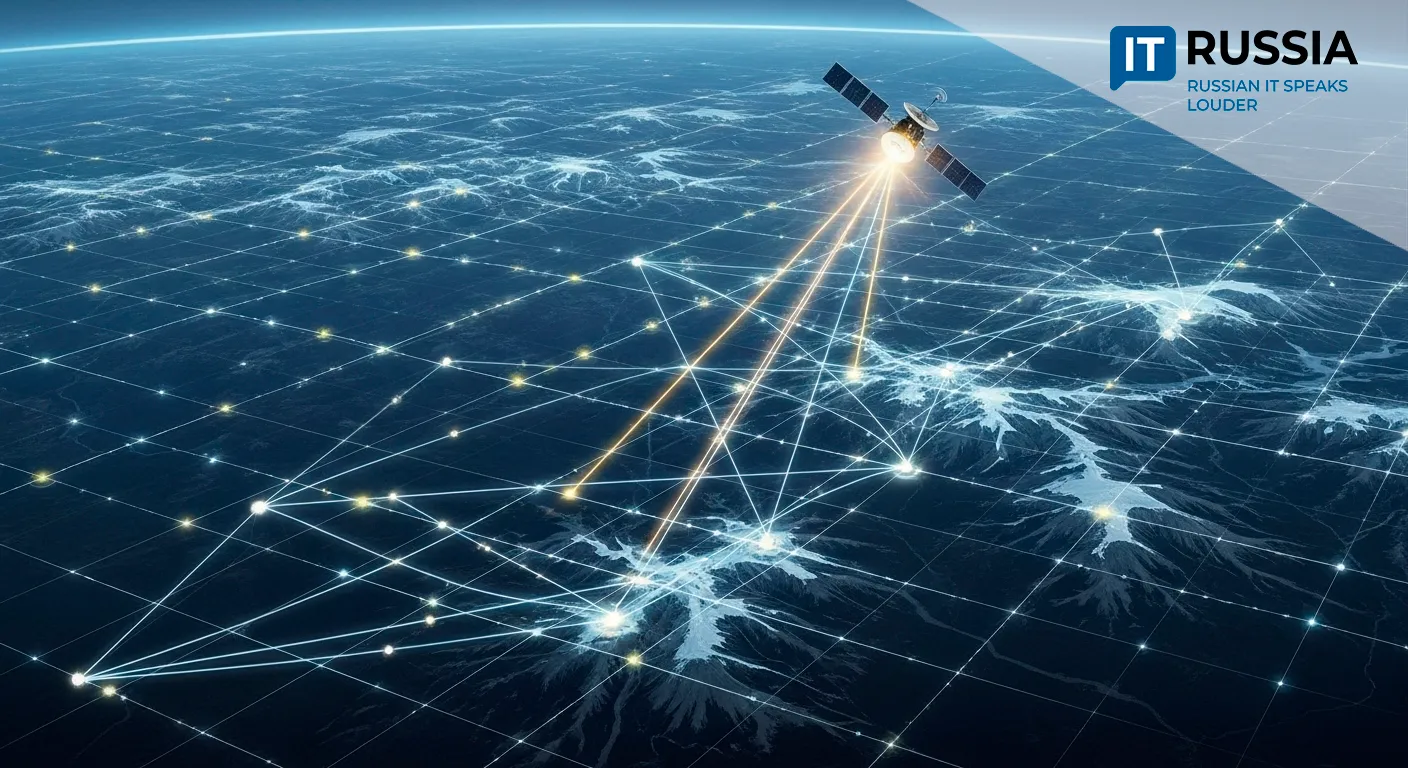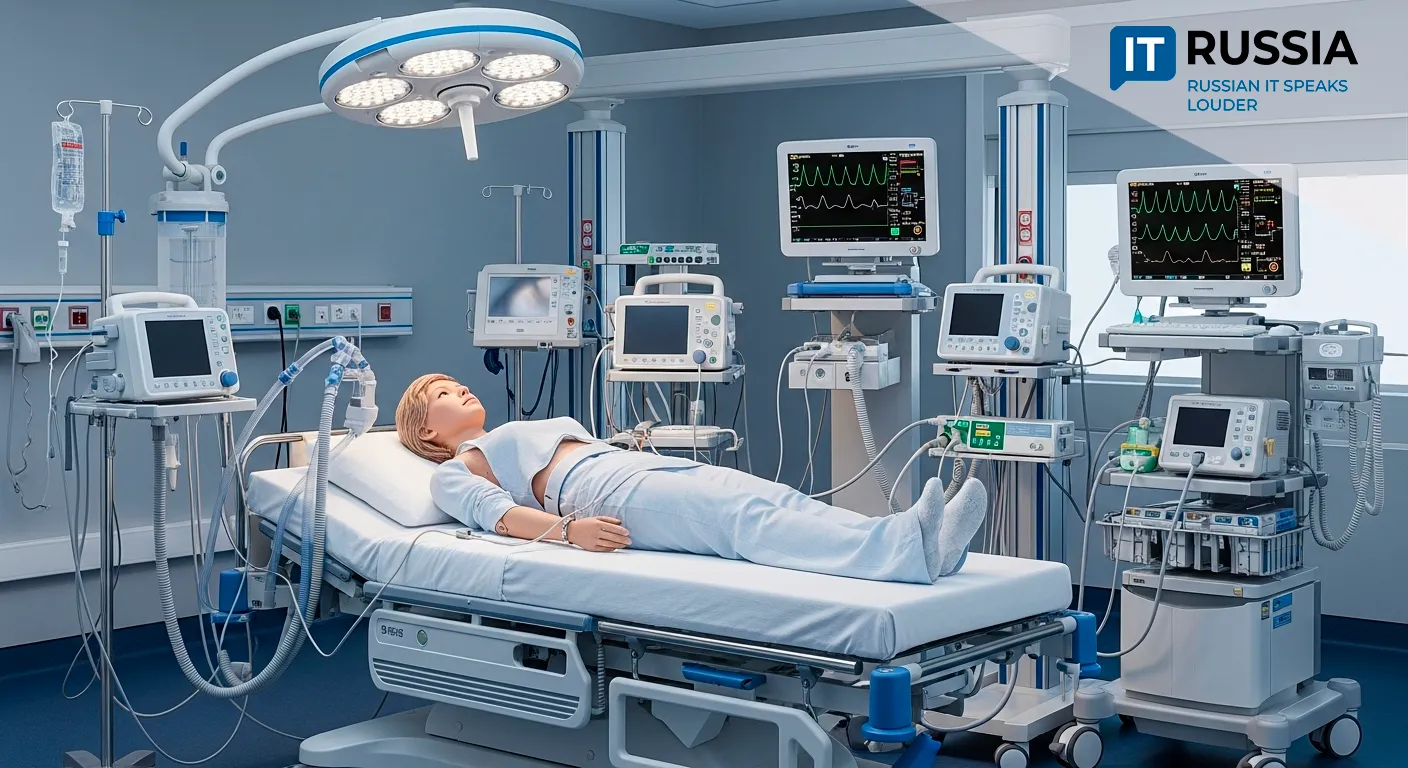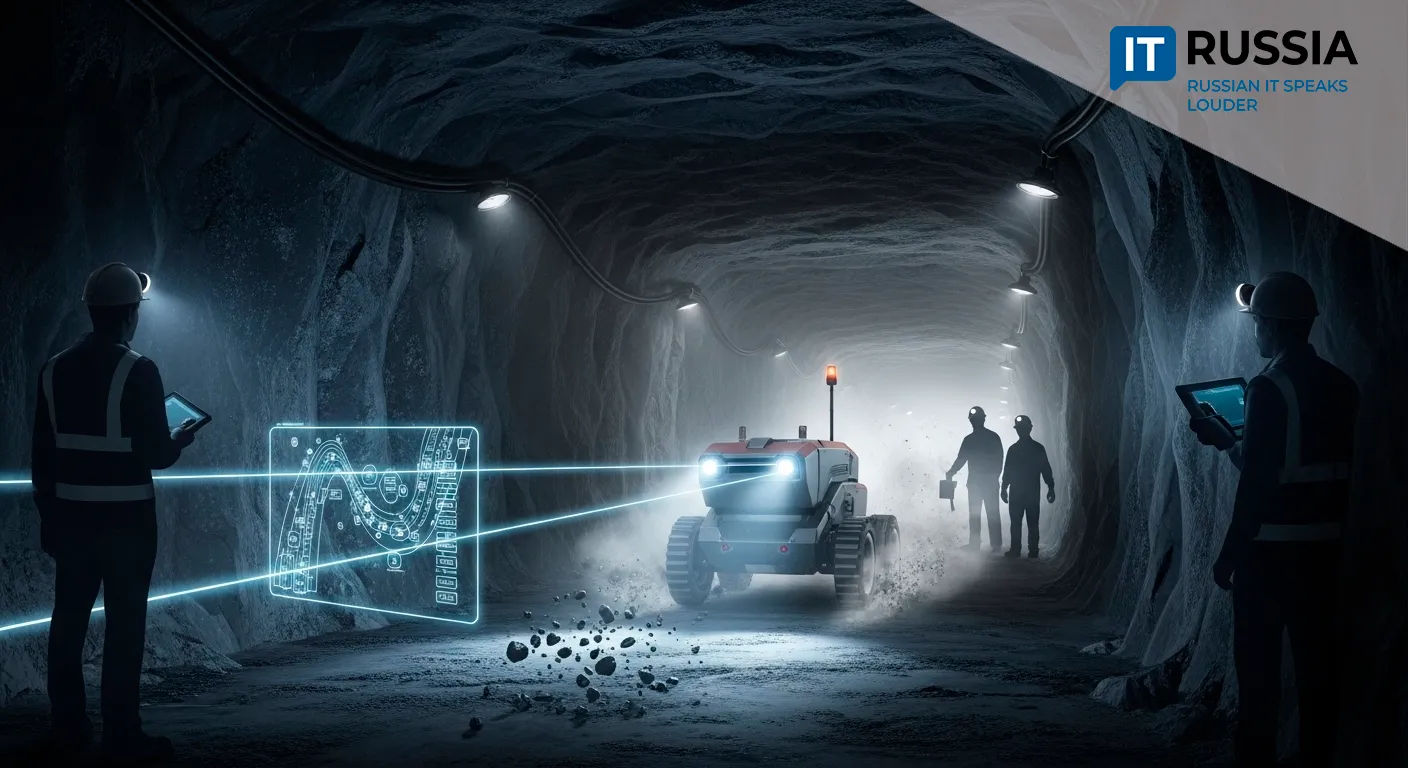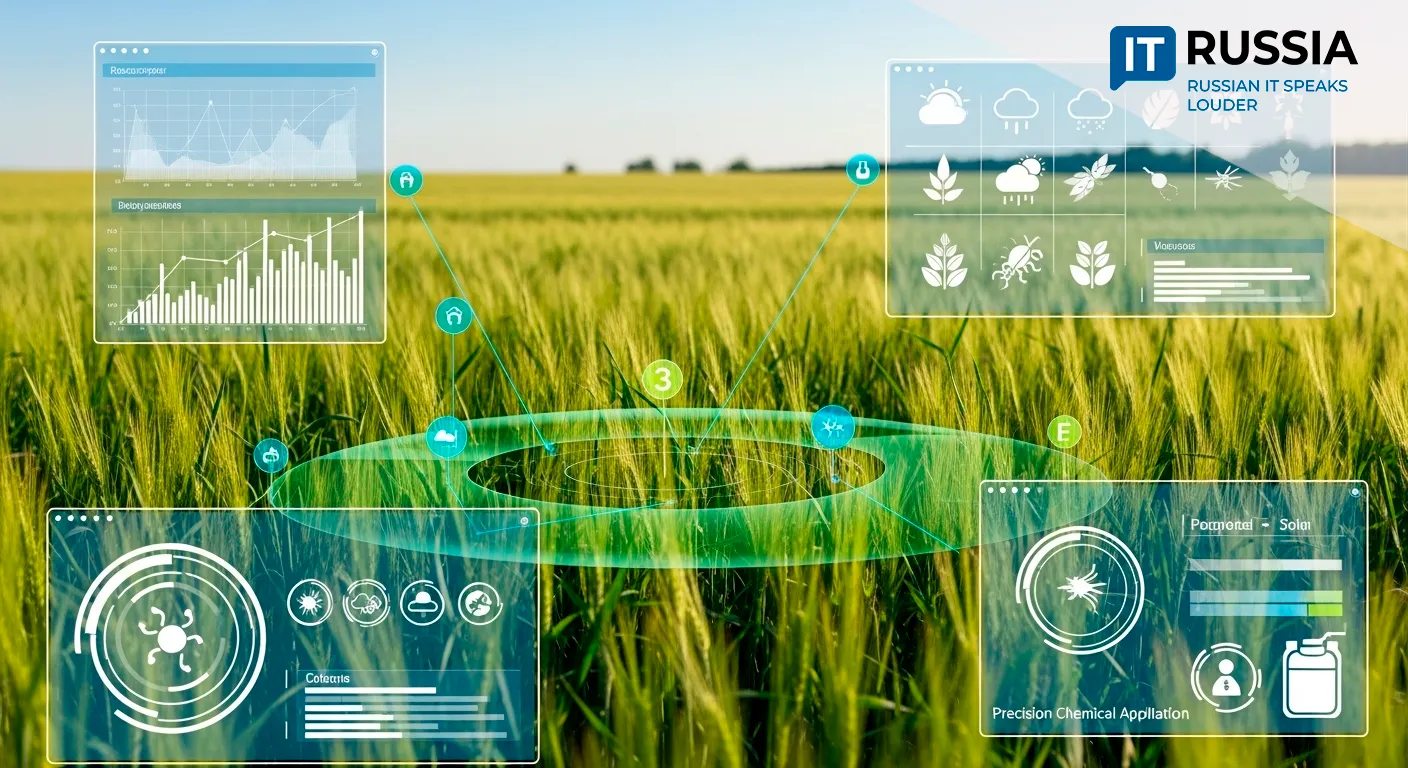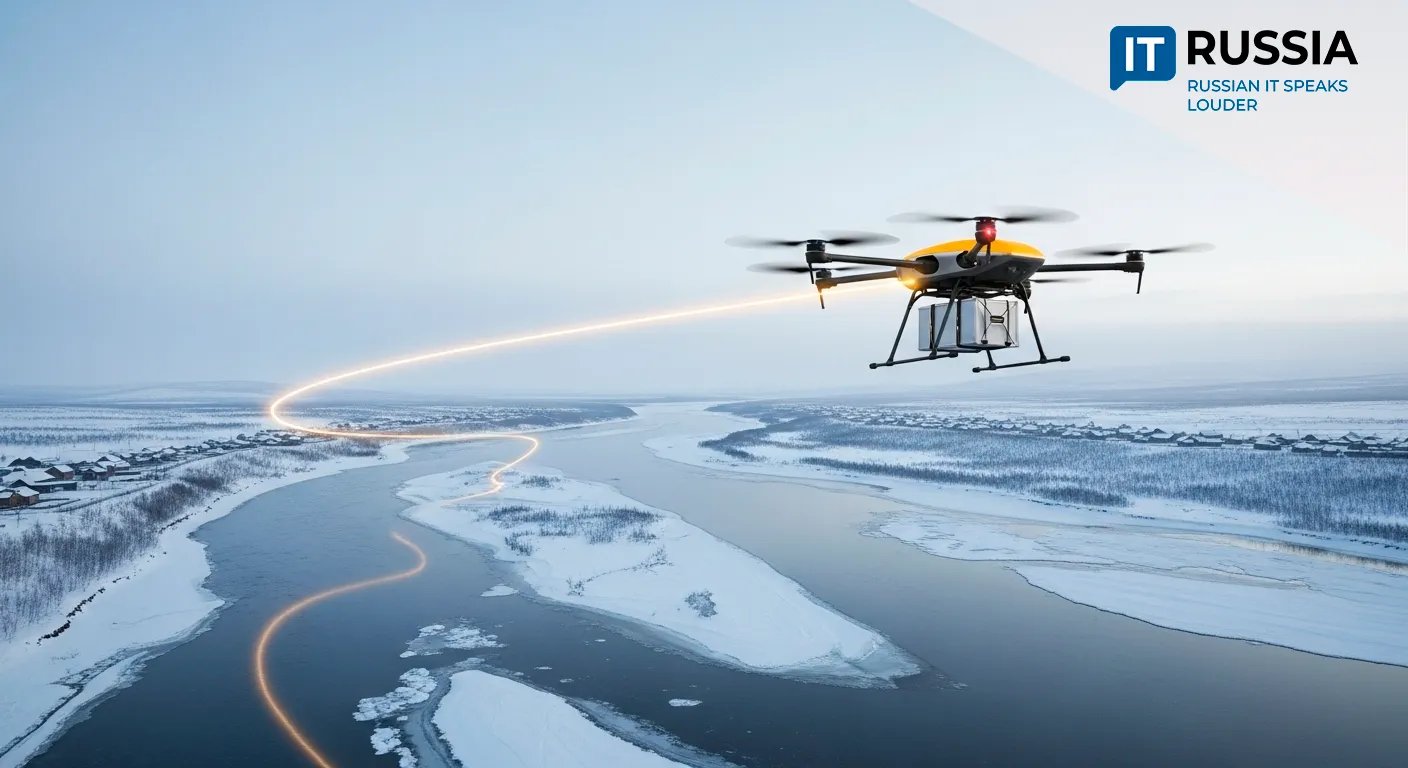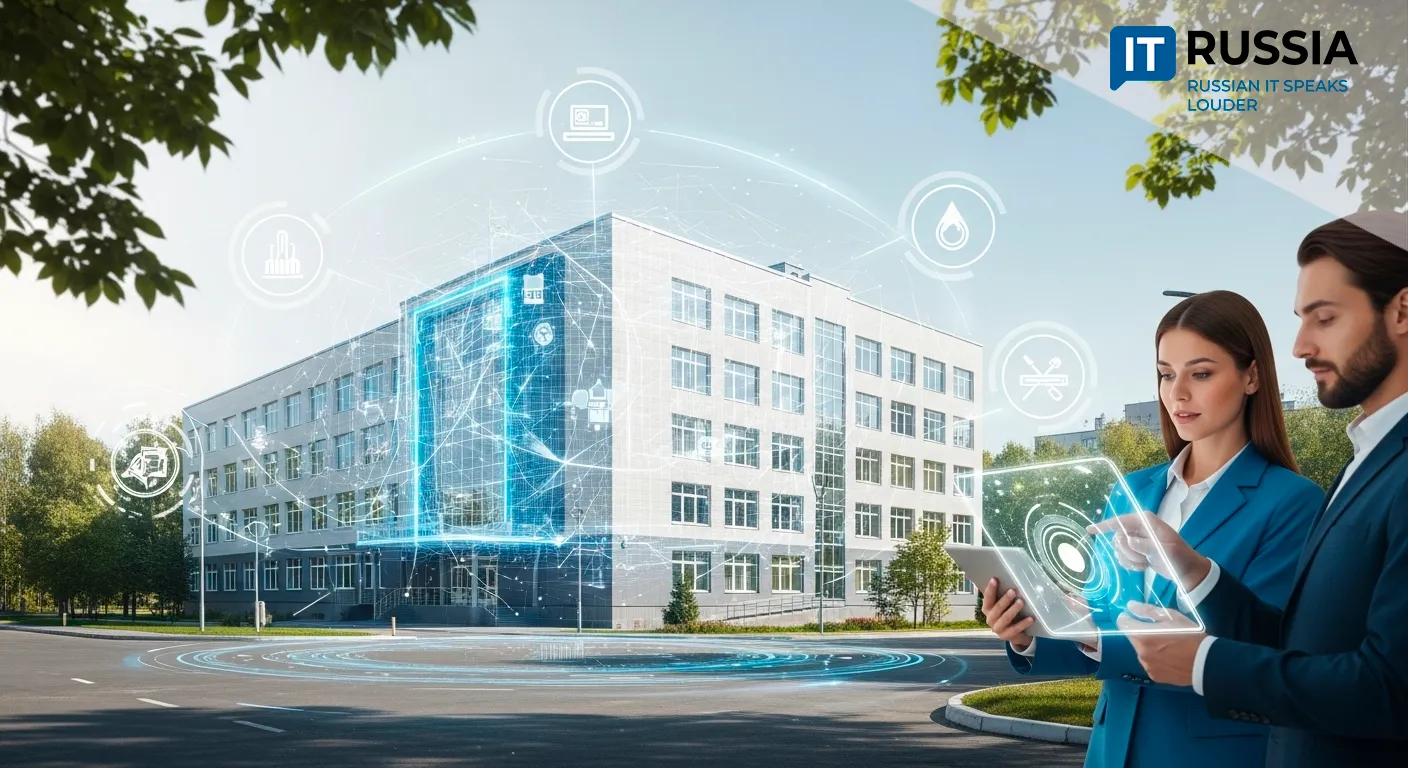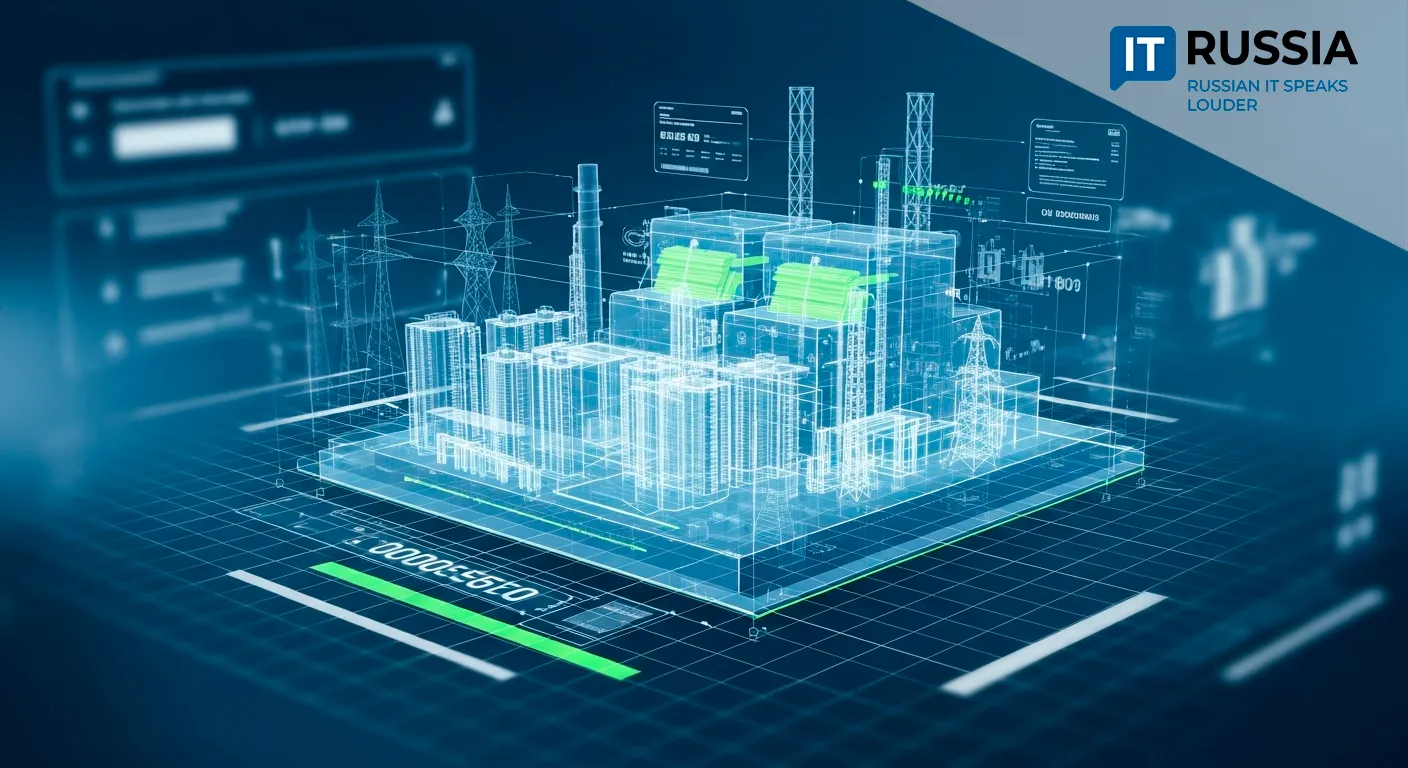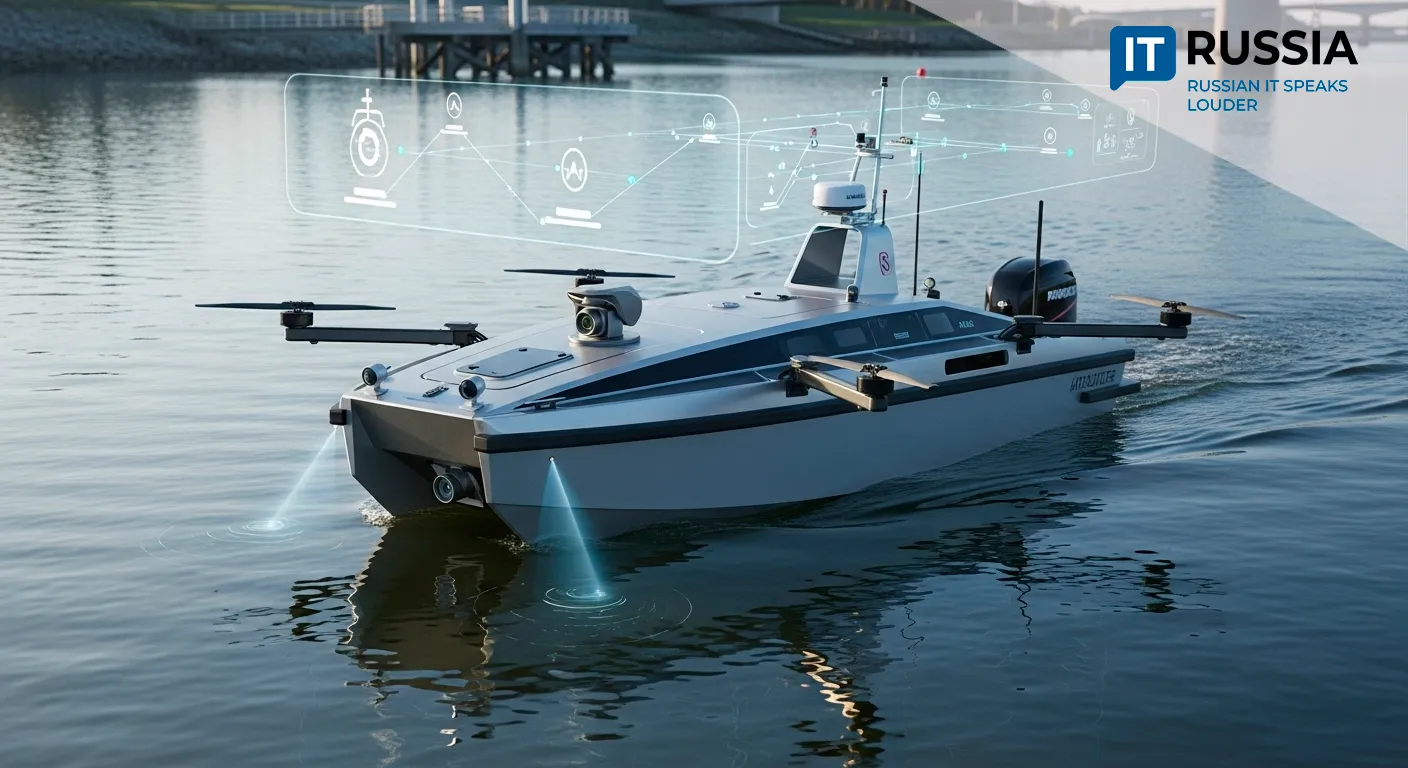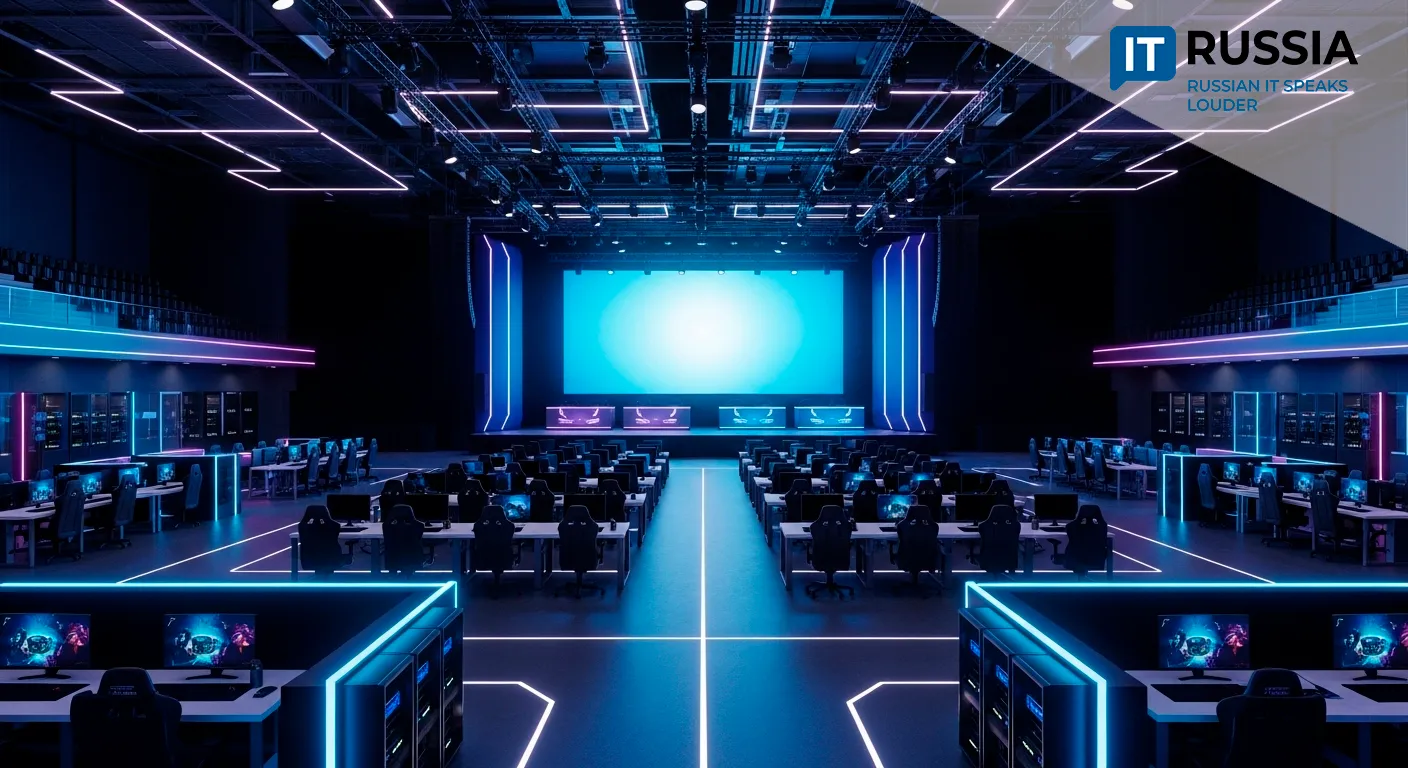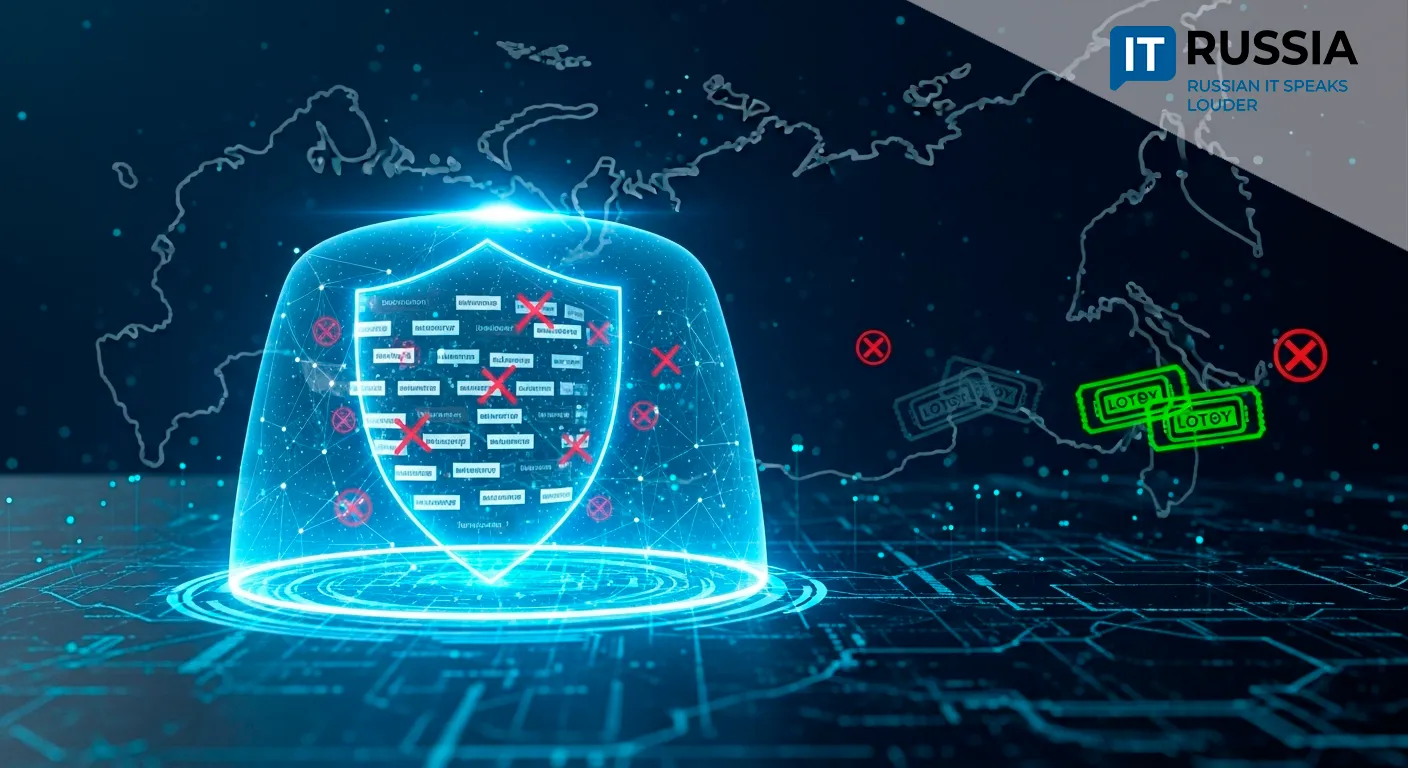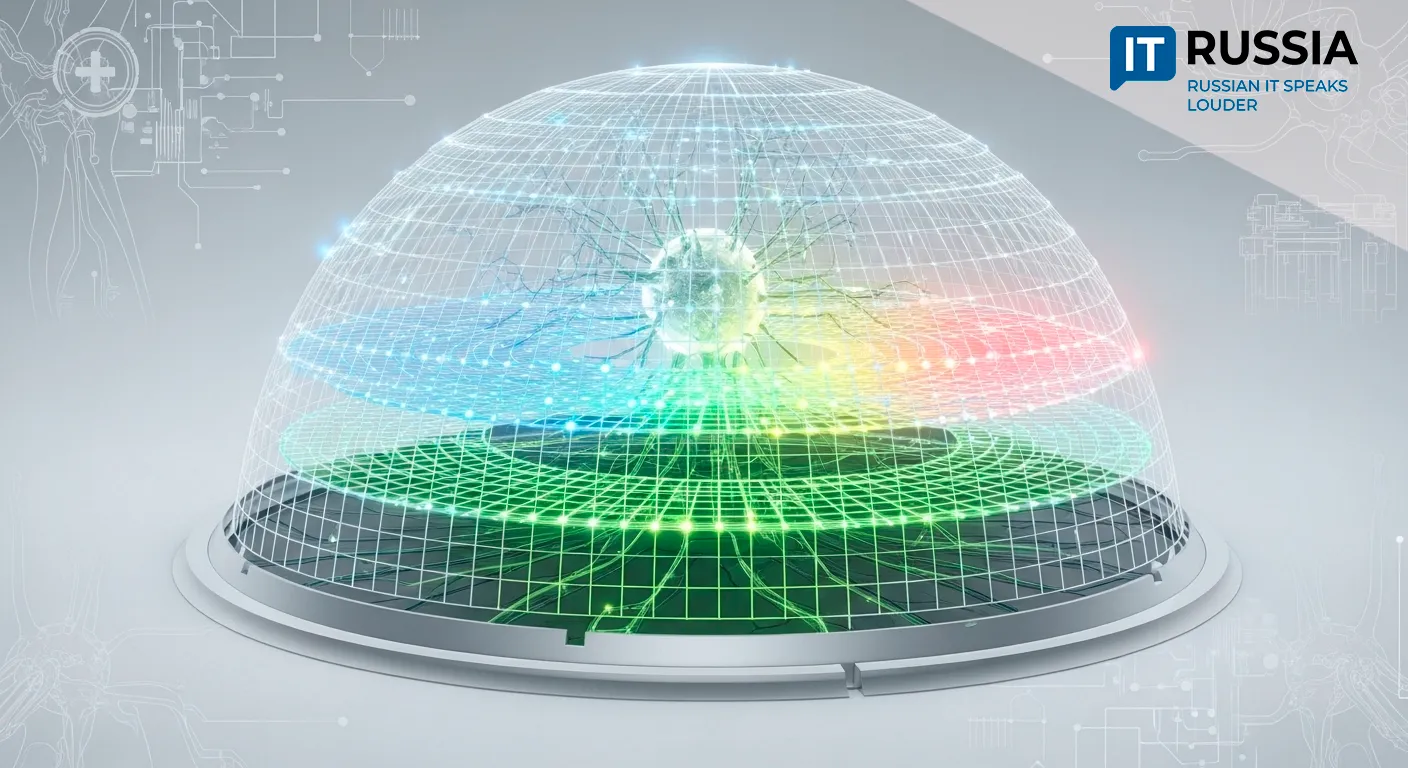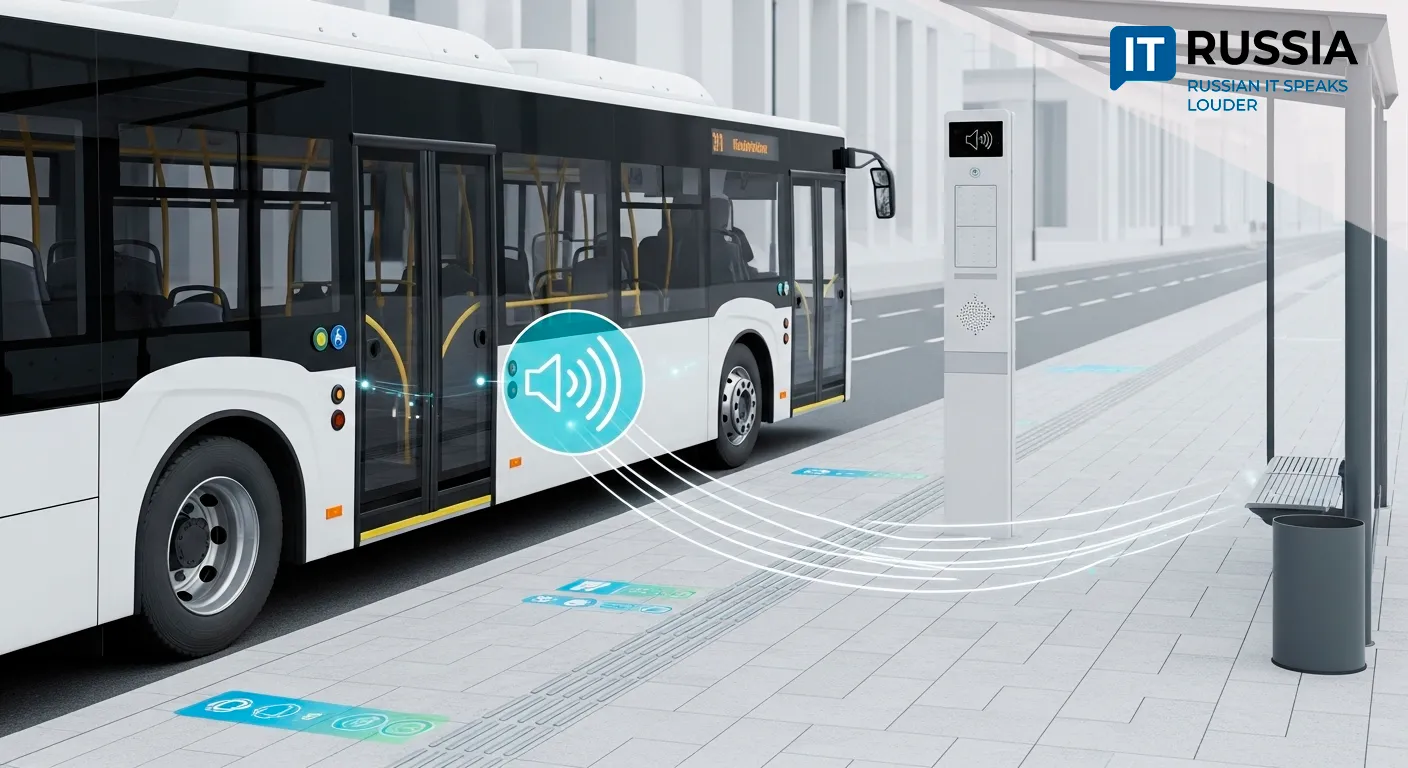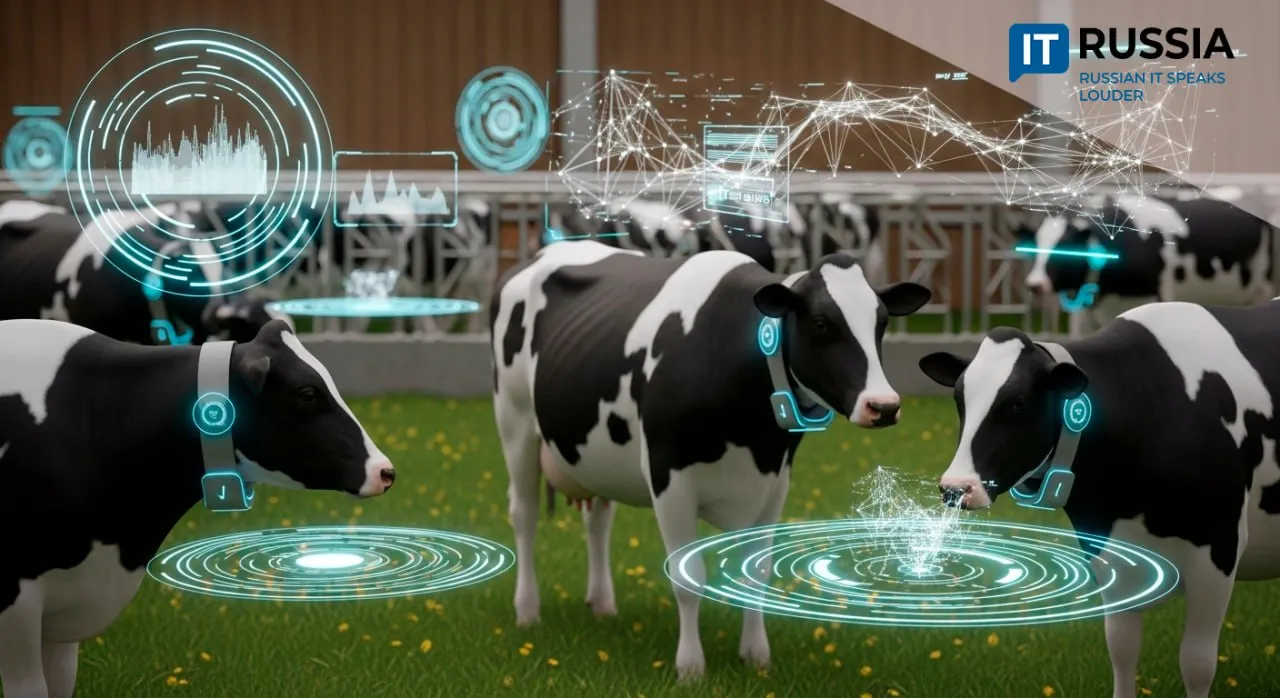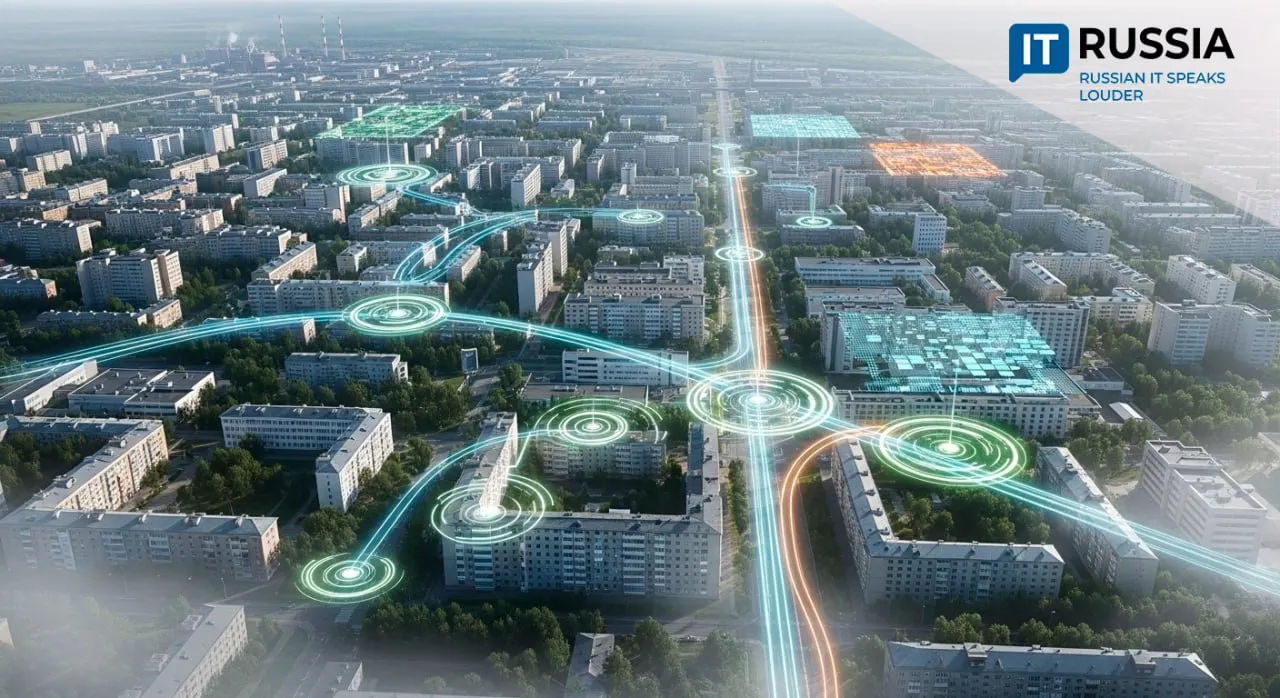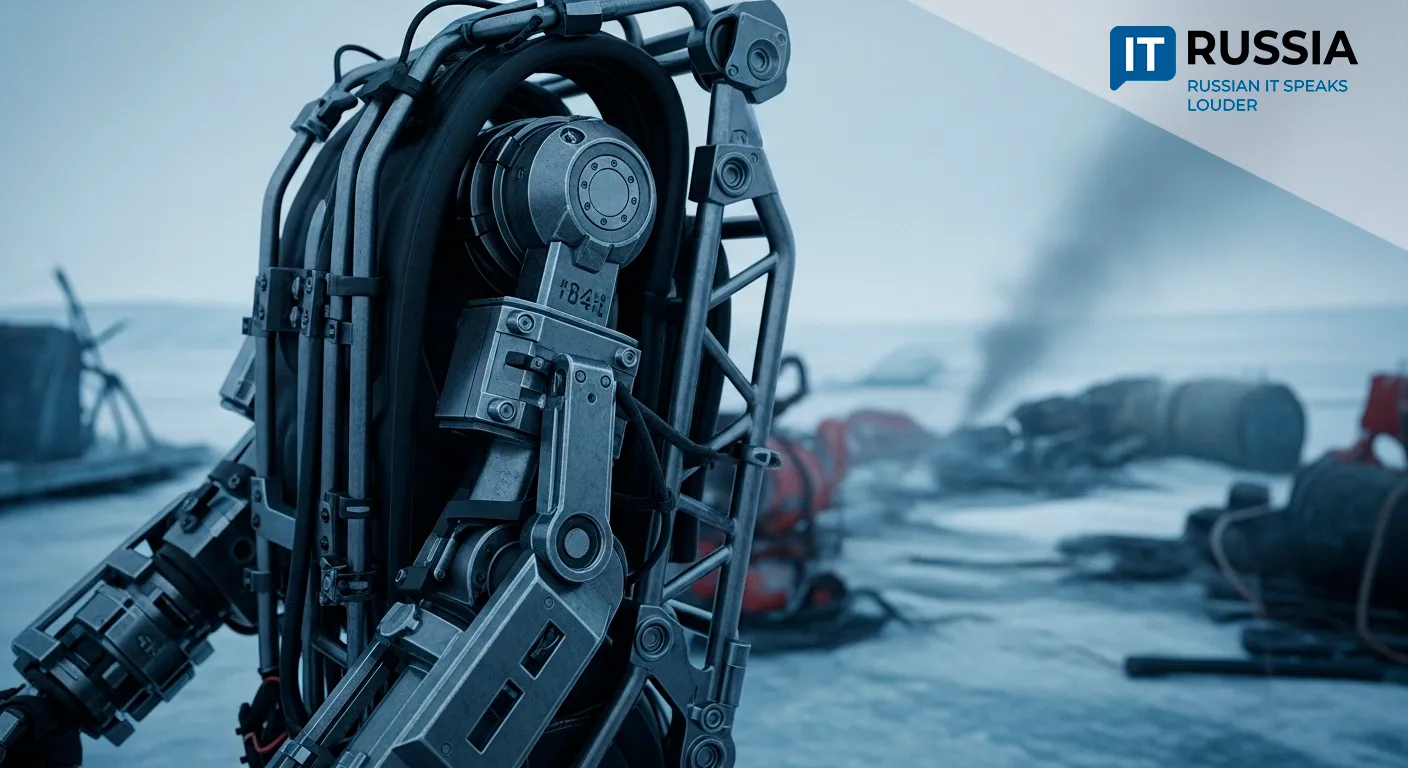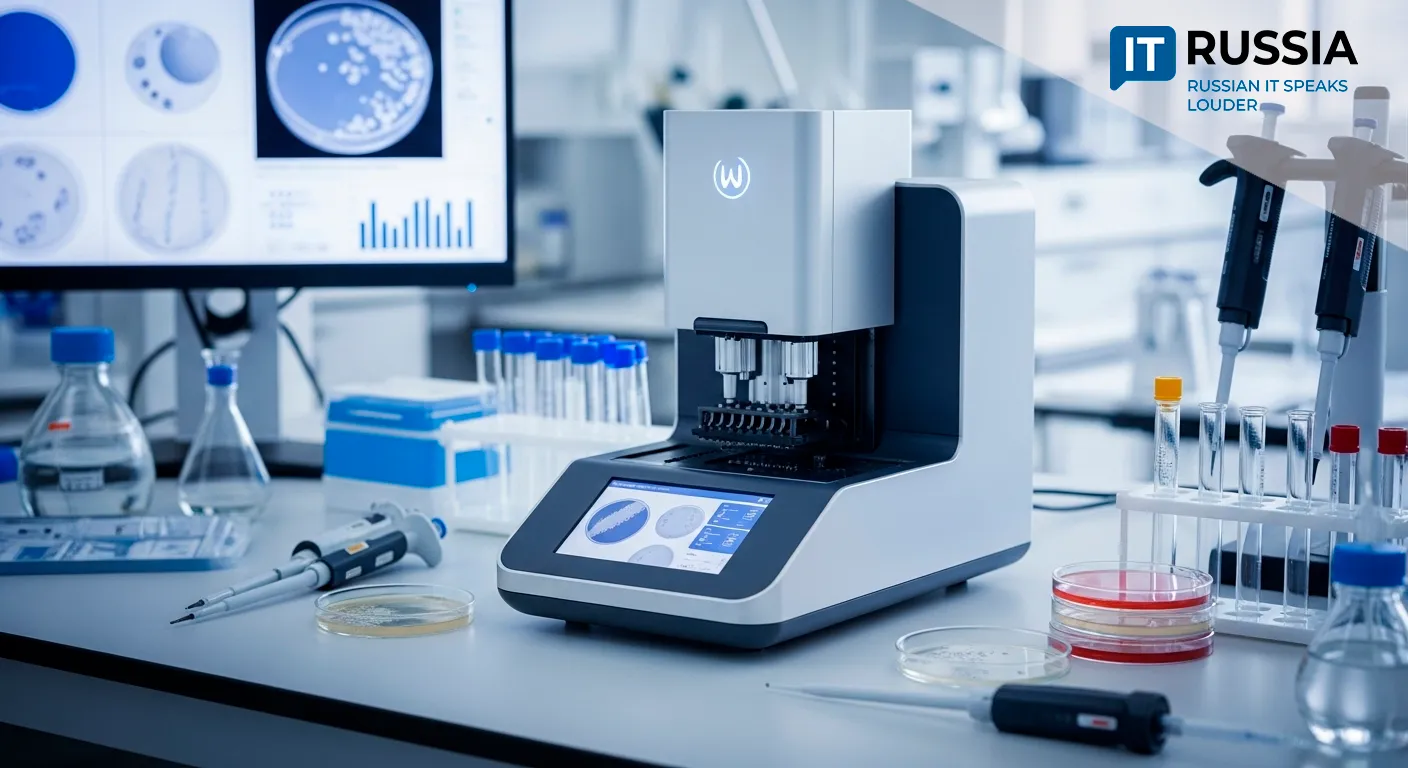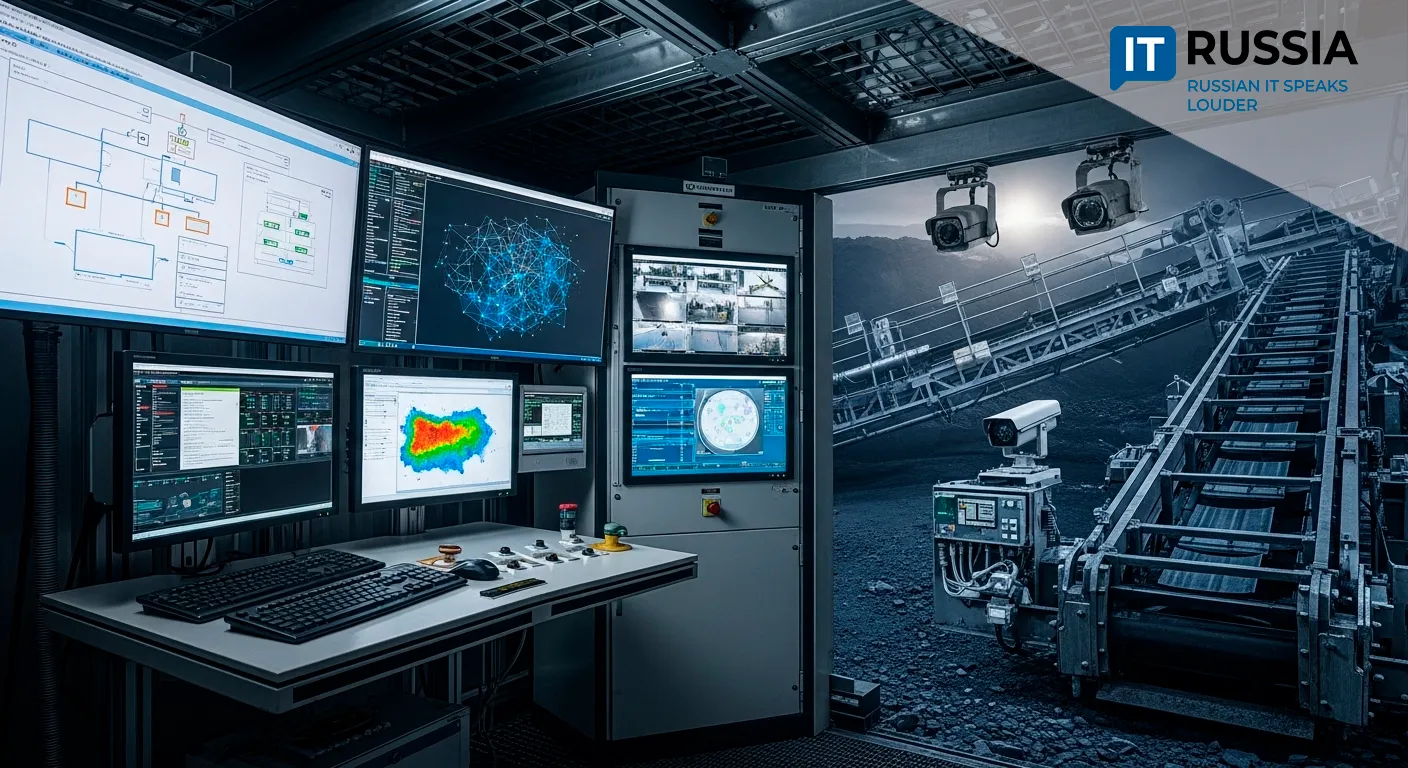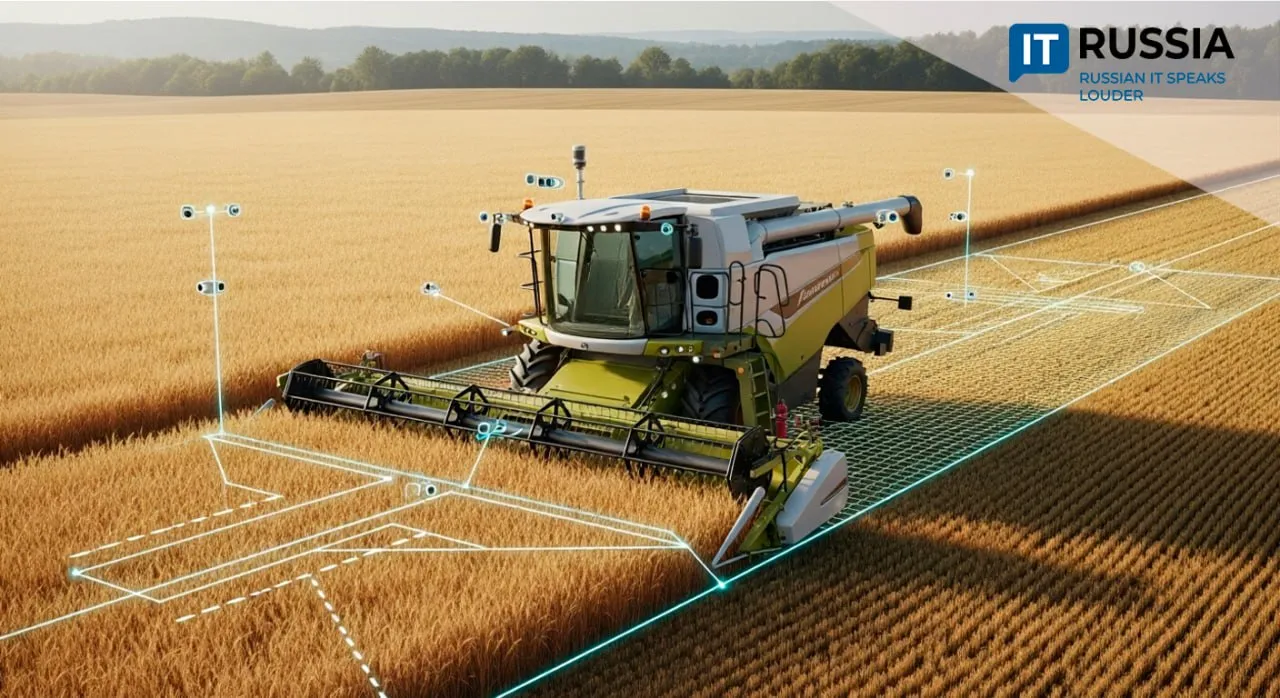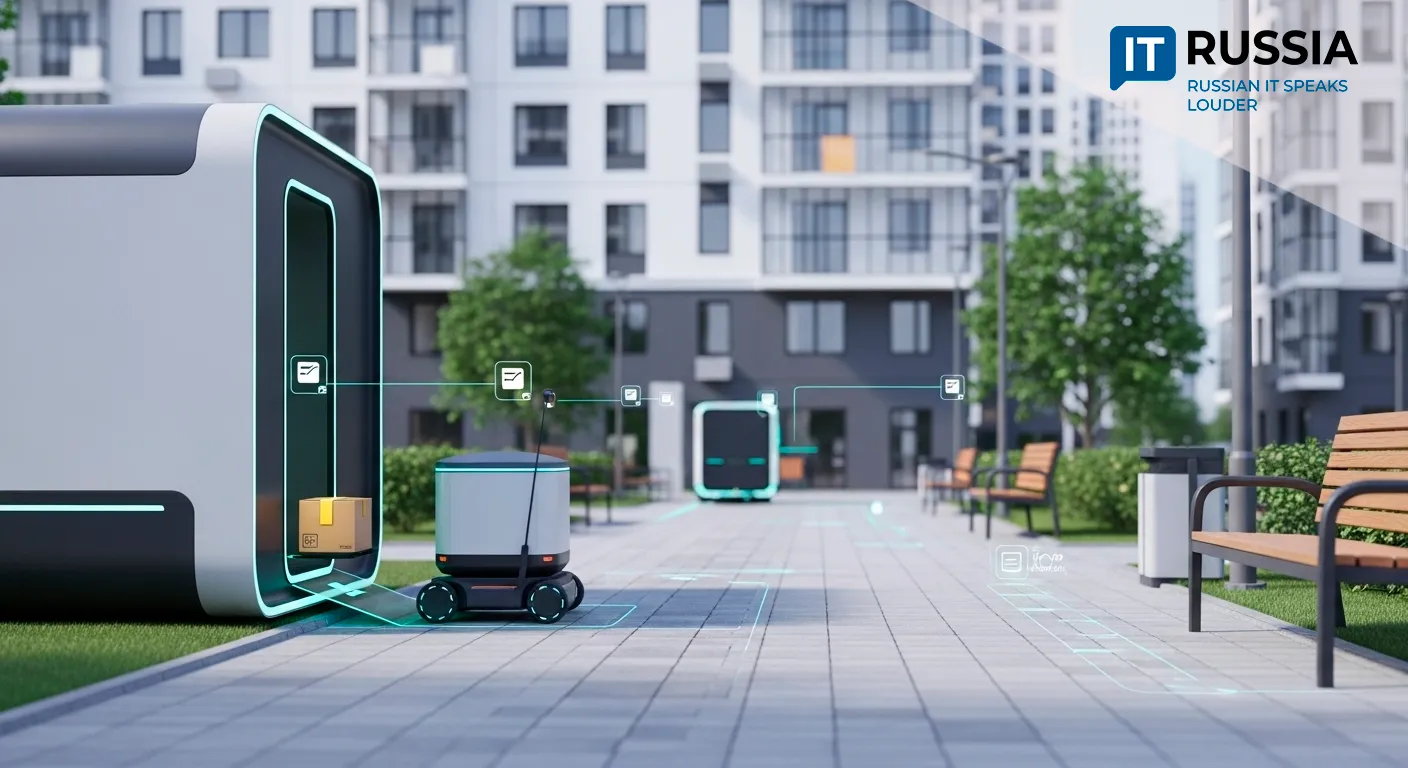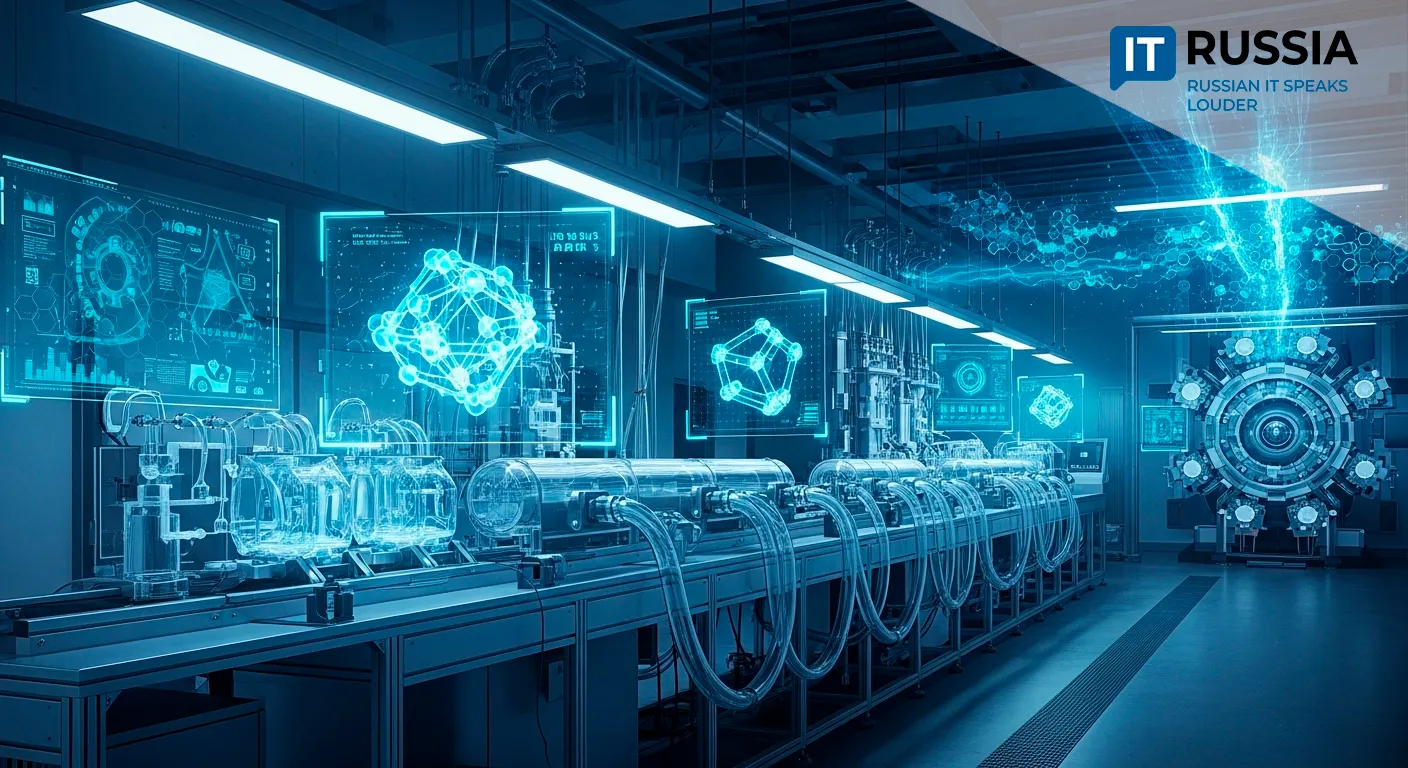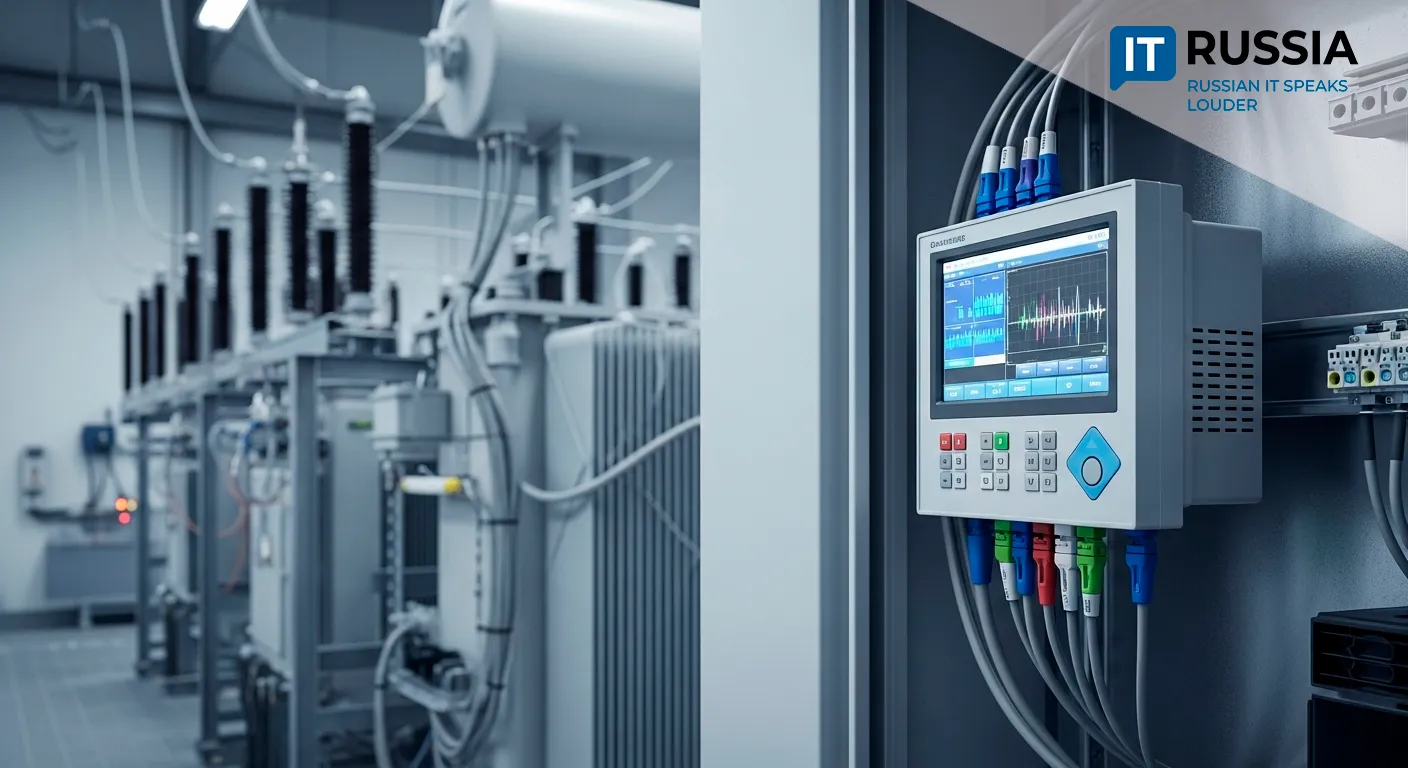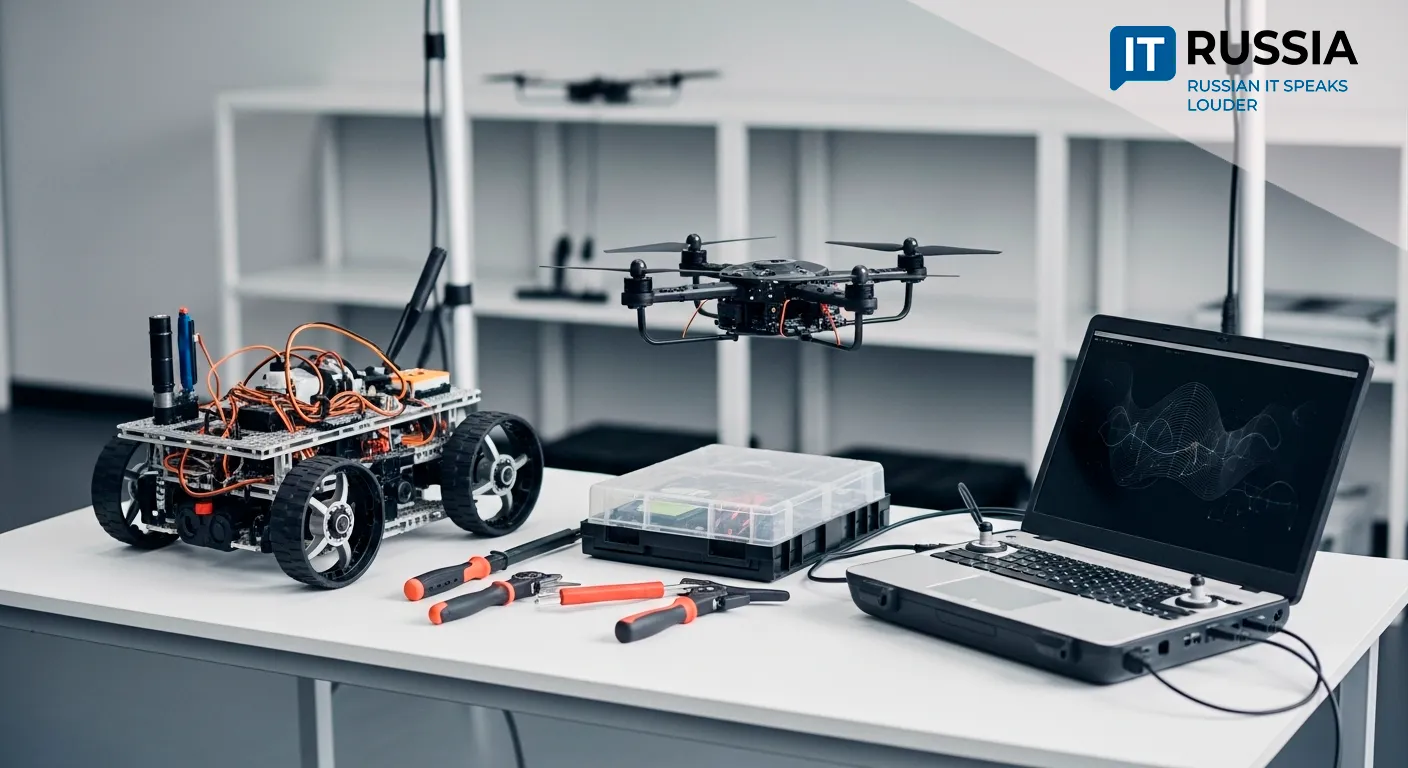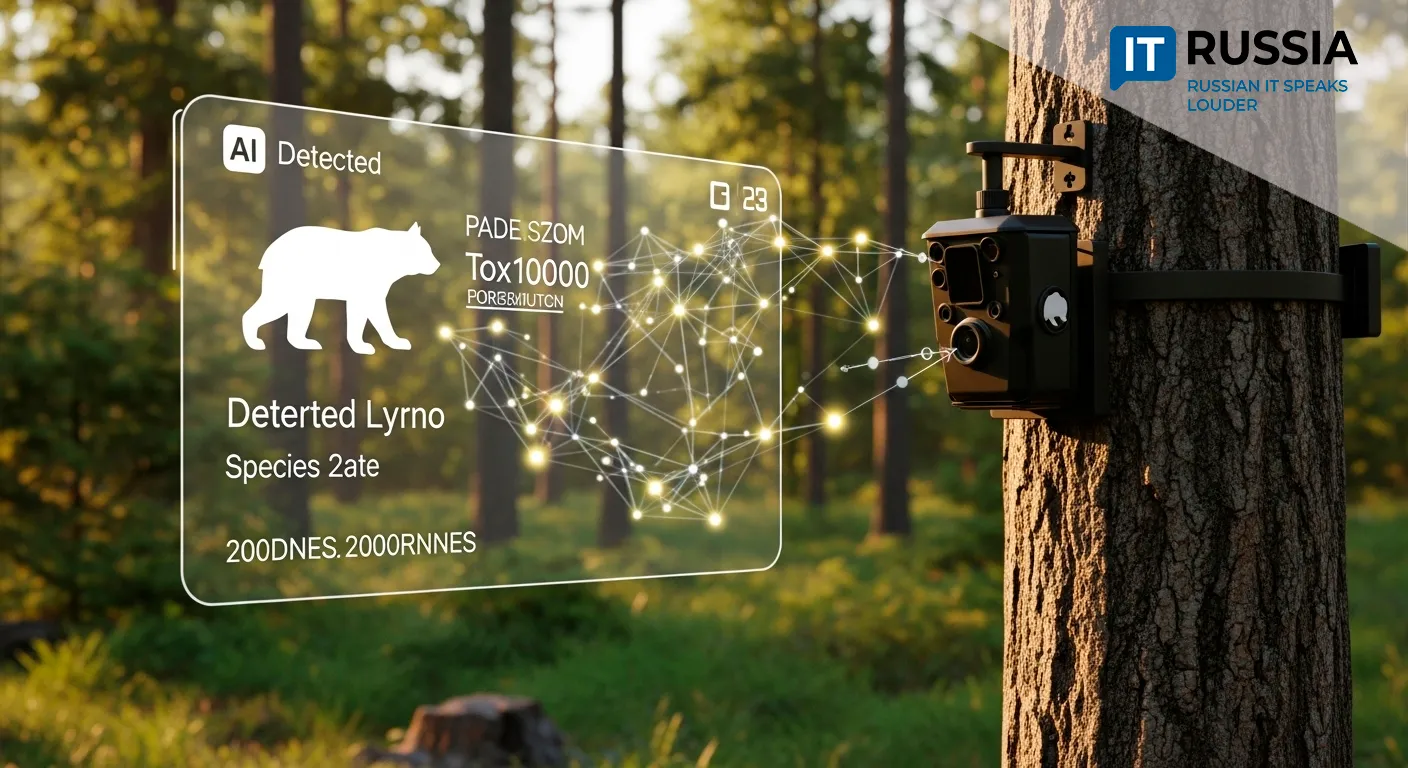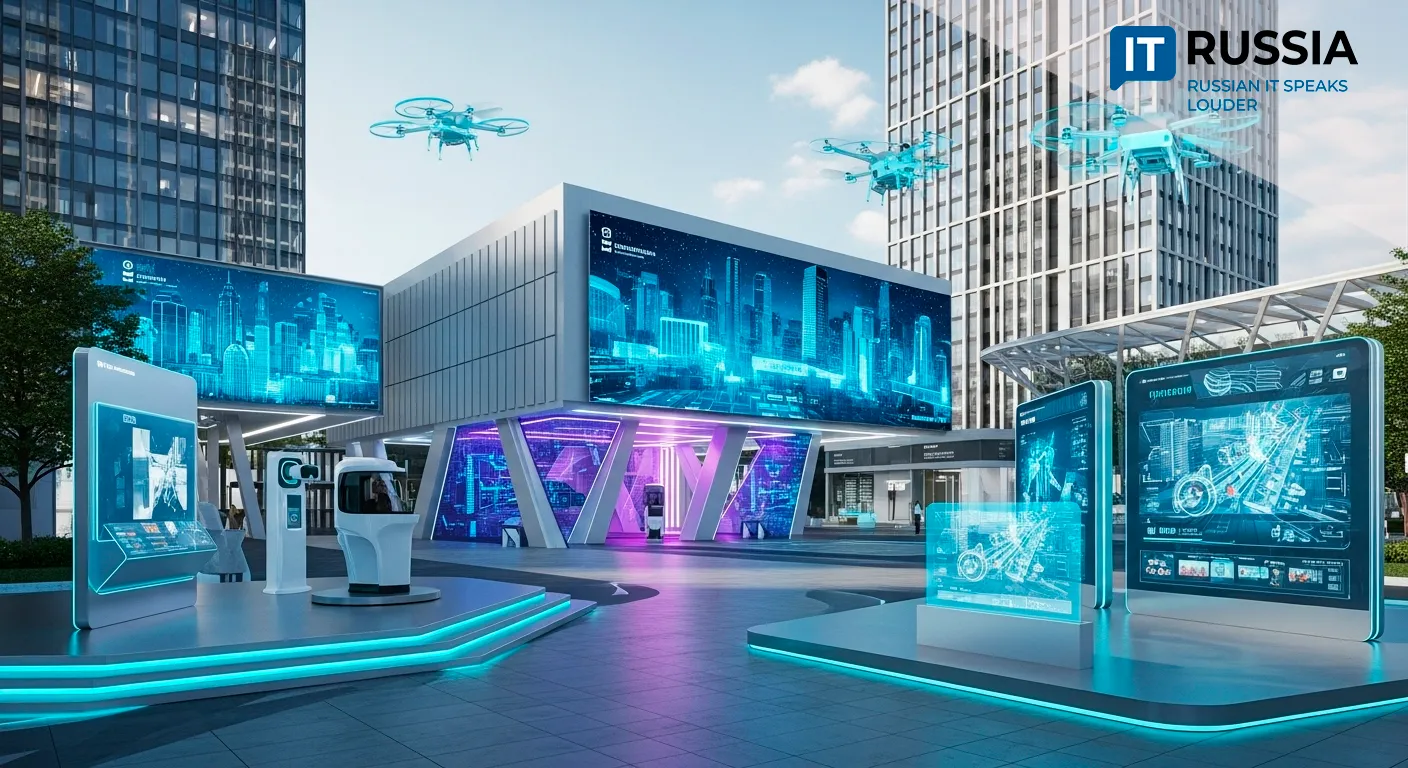Rosatom Launches Mobile Fleet of High-Capacity Battery Storage Systems
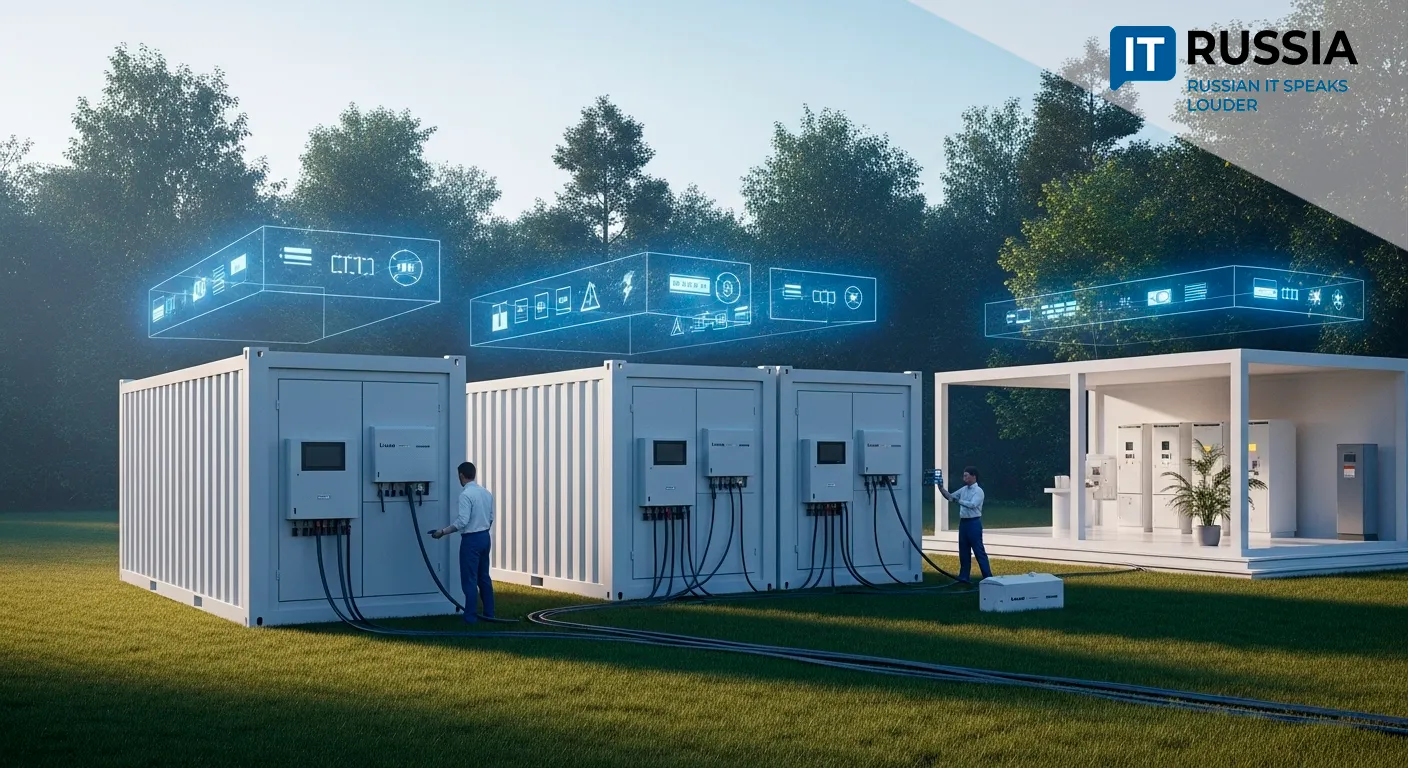
At the INNOPROM-2025 industrial trade fair in Yekaterinburg, Rosatom’s subsidiary RENERA unveiled a new fleet of mobile energy storage systems, marking a strategic move toward autonomous, sustainable, and resilient power supply solutions for off-grid corporate events.
Rosatom Unveils Mobile Energy Storage Fleet
In July 2025, during the INNOPROM exhibition, Anastasia Mikhaylova, CEO of RENERA LLC—a subsidiary of Rosatom’s fuel division—presented a mobile fleet of lithium-ion battery-based energy storage systems. Designed to support off-site Rosatom events, the systems are manufactured at RENERA’s facilities, including the Moscow Polymetal Plant and a newly developed site in Kaliningrad. These units are engineered to provide power in environments where access to traditional energy infrastructure is limited.

The mobile units, built around high-density
lithium-ion batteries, offer extended lifespan and compact form factors, making
them ideal for mobile deployment. Packaged in modular containers, the systems
deliver power for lighting, climate control, and computing equipment, and can
be deployed rapidly in the field.
Scalable and Sustainable Energy for Remote Locations
Rosatom frequently organizes international exhibitions, scientific forums, and technology demonstrations in remote or temporary locations, often lacking reliable electricity. The new mobile energy storage fleet addresses this challenge by delivering autonomous energy directly to the site.
The lithium-ion battery modules used by RENERA deliver up to 200 Wh/kg, allowing even compact units to power sophisticated electronic equipment. The modular containers integrate with digital energy management systems for real-time consumption optimization. Depending on configuration, each unit can operate autonomously for 8 to 12 hours without recharging.
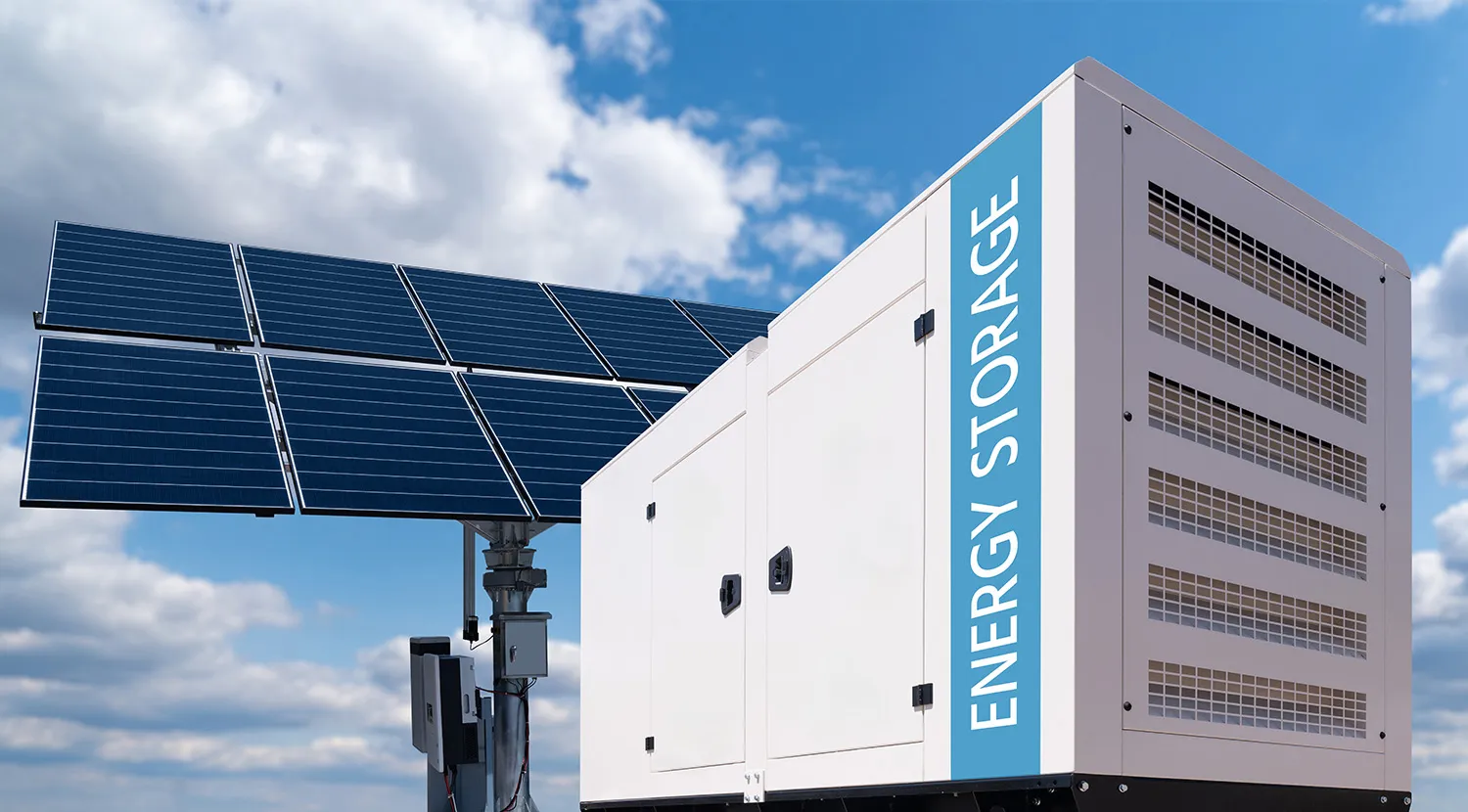
Battery production is centered at the Moscow Polymetal Plant, with Kaliningrad expansion since 2023 increasing overall output. Battery Management Systems (BMS) are included to enhance safety and longevity. This makes the fleet a robust and adaptable solution for diverse events—from local forums to global trade expos.
Building on a Proven Track Record
Since 2020, RENERA—part of TVEL, Rosatom’s fuel division—has been actively developing lithium-ion battery technology. In 2022, a new production line was launched at the Moscow facility, and in 2023, construction began on a new Kaliningrad plant. RENERA has implemented projects equipping trolleybuses and heavy-duty mining vehicles with batteries, extending operational autonomy by 30%.
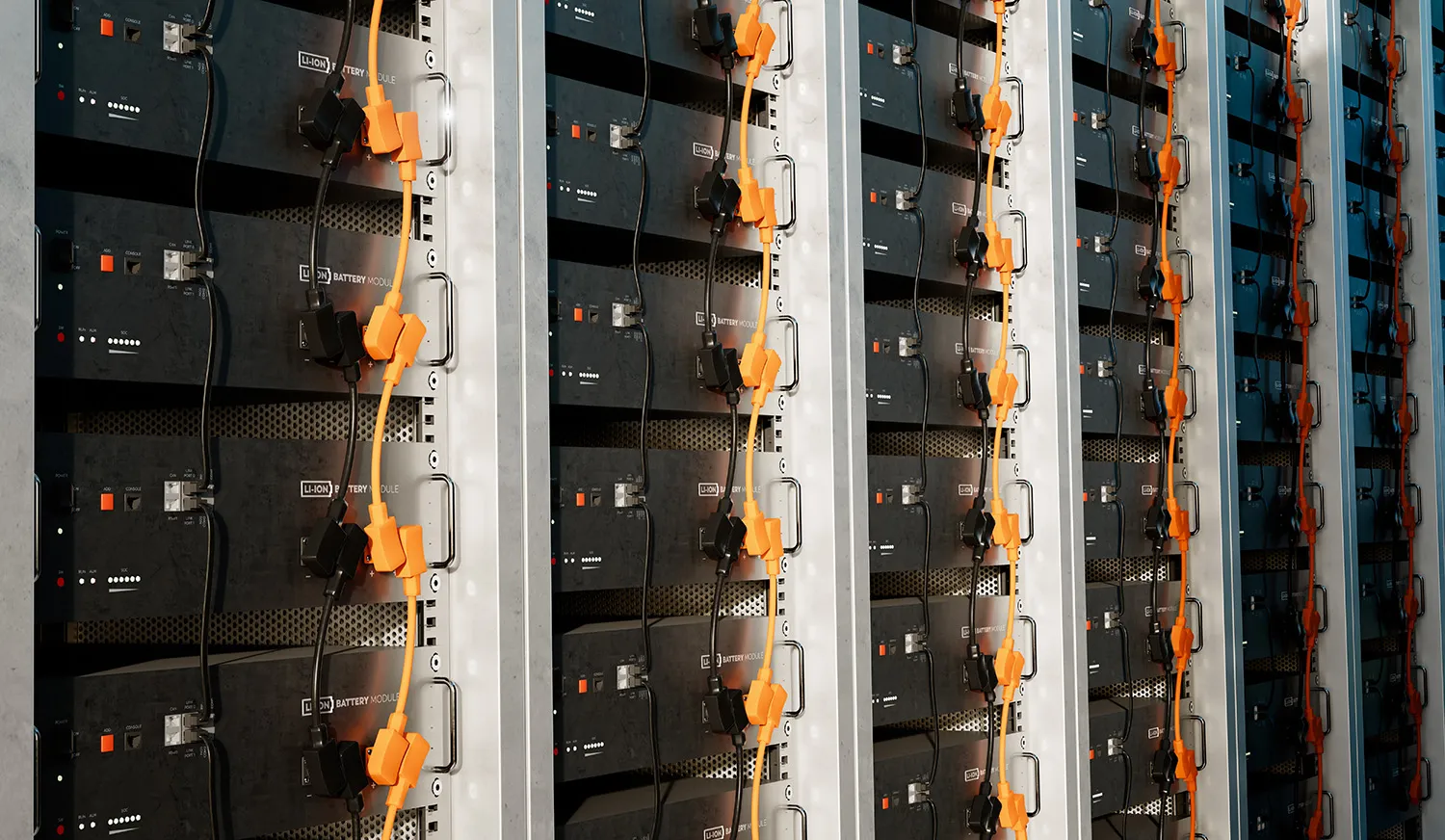
In 2023, Rosatom began deploying mobile batteries for in-factory transport using a rental model, signaling the shift toward mobile energy solutions. While global companies like Tesla and CATL also pursue similar technologies, Rosatom’s approach is distinguished by localized manufacturing and seamless integration into its digital infrastructure.
Outlook and Strategic Implications
The development of this mobile battery fleet reinforces Rosatom’s leadership in technological innovation. By 2026, the company plans to use the fleet at all major events, with international exports to BRICS and CIS nations projected by 2030. The technology also holds promise for forming the backbone of a national platform for off-grid energy supply.



